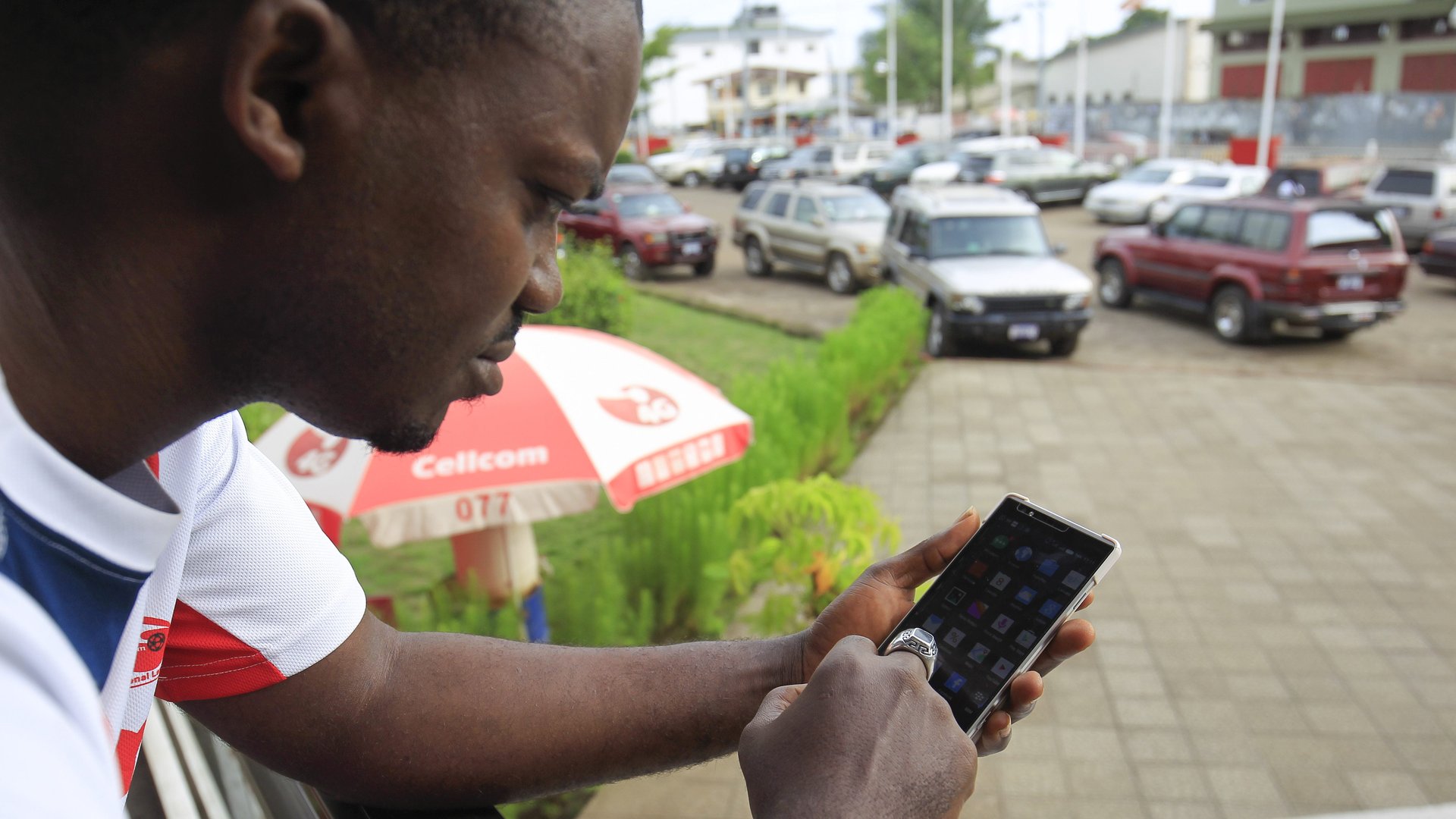African governments are requesting more user data from Facebook, Google, and Twitter than ever before
African governments seem to be keeping closer tabs on their citizens than ever before as new research (pdf) shows that they are increasingly requesting user data from global tech companies.


African governments seem to be keeping closer tabs on their citizens than ever before as new research (pdf) shows that they are increasingly requesting user data from global tech companies.
The Collaboration on International ICT Policy for East and Southern Africa (CIPESA), a group focused on internet policy on the continent, crunched information from transparency reports published by some of the world’s largest tech companies. The resulting report found out that social media user information requests from African governments have accelerated between 2013 and 2016.
While the companies’ reports are vital to understanding censorship and surveillance by governments, CIPESA cautions that they can’t be used as a sole measure of the extent of surveillance and censorship of content by government. But they do show the scale of requests from individual governments for subscriber data and content removal.
And worryingly, there’s a “growing trend” in Africa for such requests. South Africa, Nigeria, Sudan, Kenya, and Egypt have all consistently requested user information from Google, Facebook, and Twitter. CIPESA also surveyed reports from Africa-based mobile operators such as MTN and Orange.
Facebook, which has published reports detailing government requests since 2013, said it received requests from 18 African governments last year, compared to only five in the first half of 2013. South Africa, Egypt, and Sudan made the most requests for user information. User requests are typically made for account records in connection to criminal investigations and emergencies. The social media giant has also received a request from Ghana to restrict access to content which it claimed violated its national laws.
Facebook does not always comply with these requests. For example, in the second half of 2016, it only complied with three of South Africa’s six user information requests.
Nigeria requested the most information than any other African government, asking for data on 119 Facebook user accounts. That fits with the government’s strong rhetoric on social media. The military has recently admitted to monitoring social media accounts for anti-government and anti-military information. Last year, a proposed social media regulation bill prescribing a jail term and a $10,000 fine for “maliciously discrediting public office holders” was withdrawn by the Senate only after intense public criticism.
Nigeria’s government, like many others on the continent, have struggled to deal with an increasingly vocal and critical electorate whose dissatisfaction has been amplified through social media. Many governments have tended to regard the criticism as dissent. Earlier this year, the Cameroonian government imposed a 93-day internet shutdown on English-speaking parts of the country to quell anti-government protests.
Since 2013, Google has gotten requests for user information from 10 African countries, with Kenya making the highest number of total requests. Like Facebook, Google also doesn’t comply with all requests. While it complied with 63% of requests made by Kenya in the second half of 2013 in relation to 11 user accounts, it has rejected all of Kenya’s other requests.
For its part, Twitter has received user information requests from five countries—Egypt, Kenya, Nigeria, South Africa and South Sudan—in the last five years. While some of the “emergency requests” from Kenya and Nigeria were complied with, the micro-blogging site rejected content removal requests from South Africa in 2016.